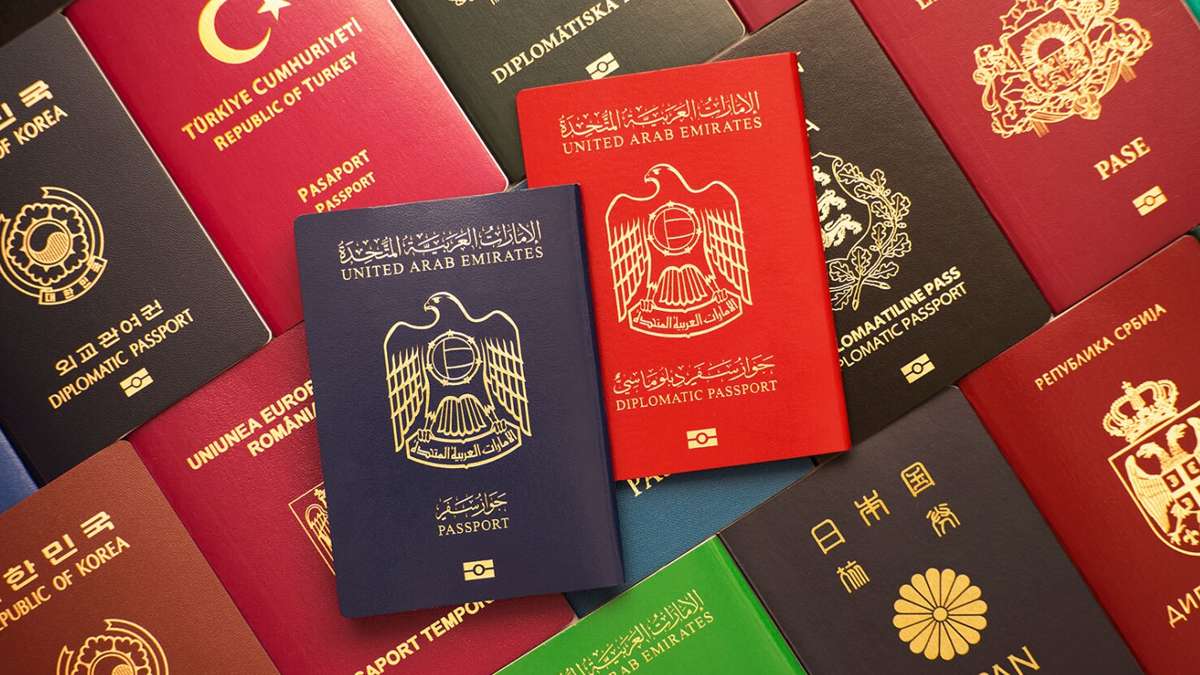FIFA World Cup 2034: FIFA World Cup 2034 Host Country, And More!
FIFA World Cup 2034: Why does the FIFA World Cup 2034 host country matter? The location of the FIFA

FIFA World Cup 2034: Why does the FIFA World Cup 2034 host country matter?
The location of the FIFA World Cup 2034 holds substantial significance for numerous reasons, influencing various aspects of the tournament. Firstly, the geographical location impacts the accessibility and convenience for fans from different parts of the world to attend the event. It influences travel costs, time zones, and ease of transportation, which can affect the overall attendance and global representation at the tournament. Additionally, the FIFA World Cup 2034 host country’s infrastructure, stadiums, and facilities significantly impact the overall success of the event.
A well-equipped and modern infrastructure not only ensures smooth logistics for players, officials, and spectators but also enhances the tournament’s image and appeal. Furthermore, the FIFA World Cup 2034 host country influences the climatic conditions during the tournament, affecting players’ performance and the style of play. Different weather conditions, such as extreme heat or cold, humidity, or altitude, can pose challenges for athletes, impacting their physical capabilities and game strategies. Taking into account all of that, it’s vital to pick the perfect host country for the FIFA World Cup 2034.
FIFA World Cup 2034: How Does The FIFA World Cup 2034 Host Country Add To The Fun?
The FIFA World Cup 2034 host country is an important decision to make, as this is considered the creme de la creme of all sporting events. For major sports fans, it doesn’t get any better than a FIFA World Cup, considering it happens just once every four years. The FIFA World cup is taken extremely seriously, and is conducted in a practically prestigious manner. The cultural backdrop and local traditions of the FIFA World Cup 2034 host country would absolutely contribute to the FIFA World Cup 2034’s ambiance. It adds a unique flavor, introducing spectators to the customs, heritage, and lifestyle of the FIFA World Cup 2034 host country.
This cultural exchange enriches the overall experience for both locals and international visitors, fostering a sense of unity and global connection through football. Every four years when this prestigious and one of a kind World Cup arrives in a country, the country’s twang and specialty rubs off on the tournament a bit, making it all the more distinctive and personal.

FIFA World Cup 2034: The important aspects of picking the FIFA World Cup 2034 host country
Economically, hosting the World Cup can bring significant financial benefits to the host nation. It stimulates tourism, boosts local businesses, creates job opportunities, and promotes investment in infrastructure development. However, it’s essential to note that the financial impact can vary based on factors like the host country’s economic stability, investment in infrastructure, and the long-term utilization of facilities post-tournament. The geopolitical context of the host nation can also come into play, impacting the tournament’s political atmosphere and security measures. Hosting a major international event like the World Cup often brings attention to political and social issues within the host country, leading to discussions, protests, or initiatives for change. Overall, the location of the FIFA World Cup 2034 is not merely a choice of venue; it encompasses a myriad of factors that influence the event’s success, including logistical aspects, cultural exchange, economic impact, climatic conditions, and the broader socio-political context, making it a globally impactful and highly anticipated sporting spectacle.

FIFA World Cup 2034: What Were Some Other Contenders For The FIFA World Cup 2034?
Countries across different continents had previously expressed interest in hosting the FIFA World Cup 2034. For instance, Australia, which previously bid for the 2022 World Cup, had signaled interest in hosting the FIFA World Cup 2034. The United States was also a strong contender, having hosted the World Cup in 1994 and displaying the capability to organize major sporting events. Along with that, China, with its growing influence in global sports and the football industry, were also considered as a potential host, with an aim to showcase its infrastructure and passion for the sport. Other nations in Asia, Europe, and Africa had also been considered and had also submitted bids for the FIFA World Cup 2034, aiming to capitalize on the opportunity to promote tourism, economic development, and international recognition.
Geopolitical factors, FIFA’s selection criteria, bidding processes, and the desire to expand the game’s reach to new regions heavily influenced the final decision for the FIFA World Cup 2034. Moreover, FIFA has been open to rotating the tournament among different continents, considering equitable distribution and global representation. The FIFA World Cup 2034 seems to prioritize regions that haven’t hosted the tournament for a significant period or have never hosted it before. Ultimately, the selection of the FIFA World Cup 2034 host country remained speculative for quite a while, contingent on the bidding process, geopolitical dynamics, FIFA’s guidelines, and the desire to promote football on a global scale.

FIFA World Cup 2034 Saudi Arabia: The FIFA World Cup 2034 host country
With Australia pulling out of the bid to become the FIFA World Cup 2034 host country, it became crystal clear that the FIFA World Cup 2034 host country would most certainly be Saudi Arabia! In fact, Saudi Arabia was the sole country that was able to submit their bid before the deadline of the 31st of October in 2023. Saudi Arabia has been a nation aiming to put their foot in the door when it comes to being a sporting country. They’ve been dabbling around in sports like cricket, Formula 1, and even hosting their own football leagues.
Being the FIFA World Cup 2034 host country is a step in the right way for Saudi Arabia to become one of the major sporting hubs of the world! Saudi Arabia’s infrastructure capabilities, strategic location, economic ambitions, cultural richness, and initiatives toward inclusivity position it as an immensely strong FIFA World Cup 2034 host country, provided it continues to address and navigate important societal considerations on its path to hosting this globally celebrated sporting event.
FIFA World Cup 2034 Saudi Arabia: Why Would Saudi Arabia Make For A Good FIFA World Cup 2034 Host Country?
Saudi Arabia can be considered a brilliant pick for the FIFA World Cup 2034 host country for various reasons. Firstly, the country’s substantial investments in infrastructure and state-of-the-art facilities underscore its capability to organize and execute a large-scale sporting event like the FIFA World Cup 2034. The nation has shown dedication in building and renovating stadiums equipped with modern amenities, transportation systems, and accommodations, signalling readiness to handle the logistical demands of hosting a tournament of such magnitude. Moreover, Saudi Arabia’s strategic geographical location serves as a bridge between continents, making it accessible to fans, teams, and officials from diverse corners of the globe.
This accessibility could contribute to high attendance levels and a diverse representation, enhancing the tournament’s global appeal and fostering a vibrant, international atmosphere. Saudi Arabia’s commitment to diversifying its economy away from oil has spurred significant investments in sports and entertainment.
Hosting the FIFA World Cup 2034 aligns with this vision, offering an opportunity to showcase the country’s potential and drive economic growth through increased tourism, business opportunities, and global exposure. The nation’s rich cultural heritage, historical landmarks, and unique traditions also provide an intriguing backdrop for the tournament.
Hosting the FIFA World Cup 2034 would allow Saudi Arabia to share its cultural treasures and values with the world, fostering cross-cultural understanding and promoting a sense of unity among diverse populations. Plus, Saudi Arabia has demonstrated efforts to increase women’s participation in sports, reflecting FIFA’s emphasis on inclusivity and gender equality. Hosting the FIFA World Cup 2034 could serve as a platform to further advance these initiatives, promoting broader societal changes and paving the way for increased female involvement in football.

Have a look at our latest sports news in english! Click here







